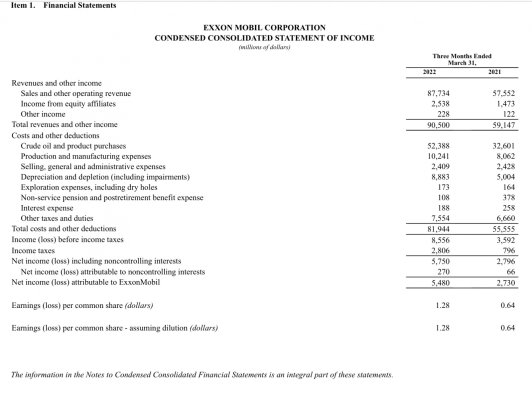Markola
Thinks s/he gets paid by the post
^^^^^ Environmental policy is always an easy scapegoat. Without it, we’d still be burning lead gasoline. Those prices are mostly due to how the petro economy works. What was it, less than two years ago when full tankers waited offshore, because no one wanted the excess capacity? Corporations slowed production in response and it takes a while to get it flowing again. Throw in a sudden shooting war in Europe and resulting sanctions that require Europe to rebuild its oil and gas sourcing and, voila, $6+ premium.
Last edited:


 ......
......